
Efficiently Inefficient
How Smart Money Invests and Market Prices Are Determined
Recommendation
The efficient market theory posits that making money by trying to outperform the stock market is impossible since prices instantaneously reflect all available information. But asset manager and finance professor Lasse Heje Pedersen asserts that the reality of trading is somewhat different. Profits are available to those brave enough to take the risks and pay the costs, he says, but knowing which opportunities can make money for you and which fees you should absorb is the hard part of investing. In this advanced resource book on the financial markets, Pedersen outperforms the classics by grounding the strategies of successful portfolio managers in academic theory. He offers clear explanations, notably, about the role of hedge funds. While never giving investment advice, getAbstract can nonetheless issue a clear buy recommendation on this comprehensive, valuable textbook to financial professionals, investors and students of finance.
Summary
About the Author
Lasse Heje Pedersen is a principal at AQR Capital Management and a professor of finance at Copenhagen Business School and New York University Stern School of Business. He received the Bernácer Prize as the best European Union economist under the age of 40, and he is the co-author of Market Liquidity: Asset Pricing, Risk and Crises.







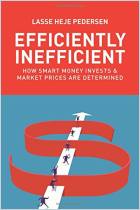

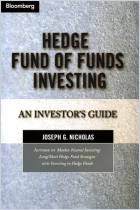
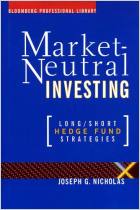
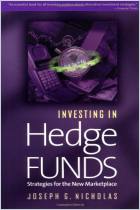
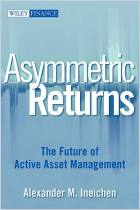





Comment on this summary or Start Discussion